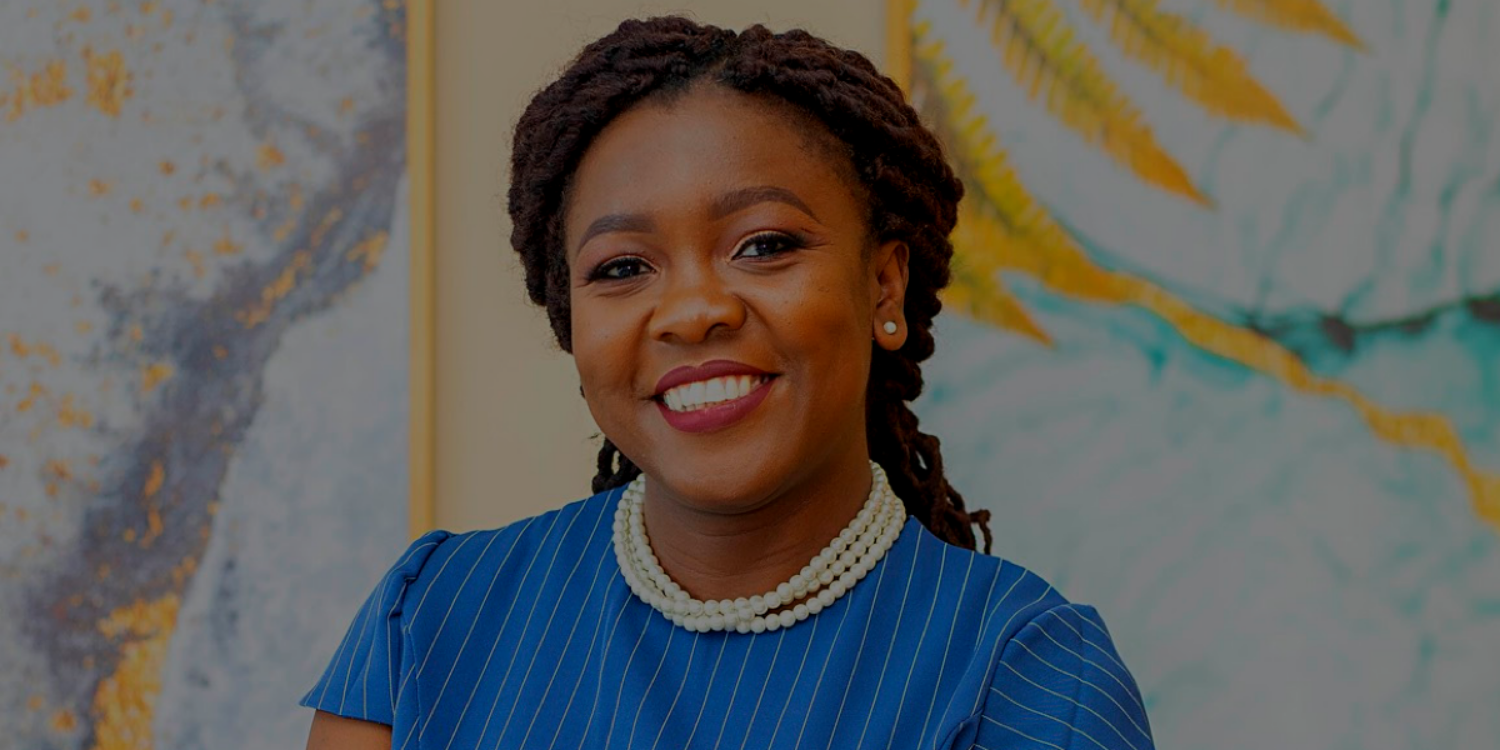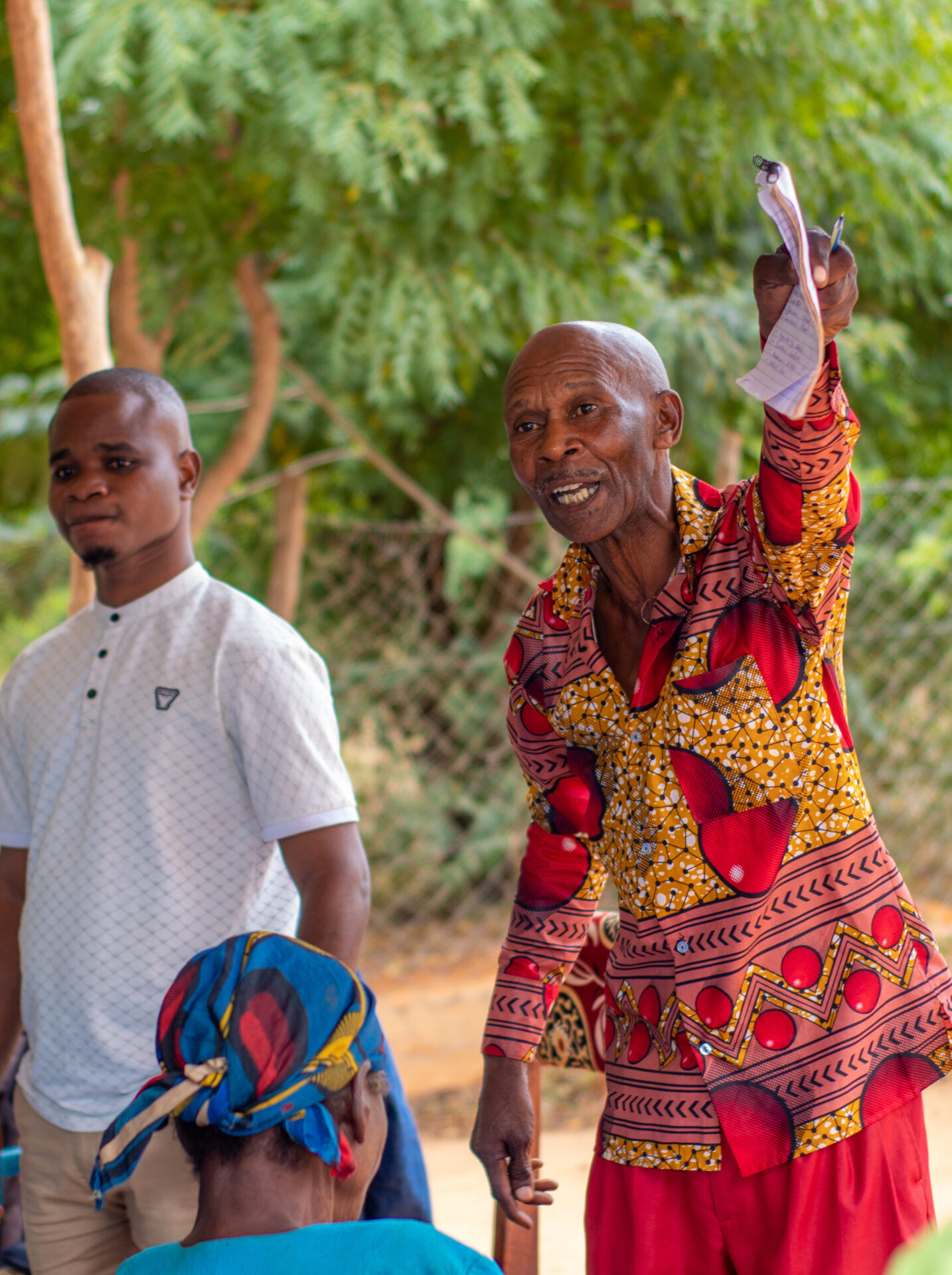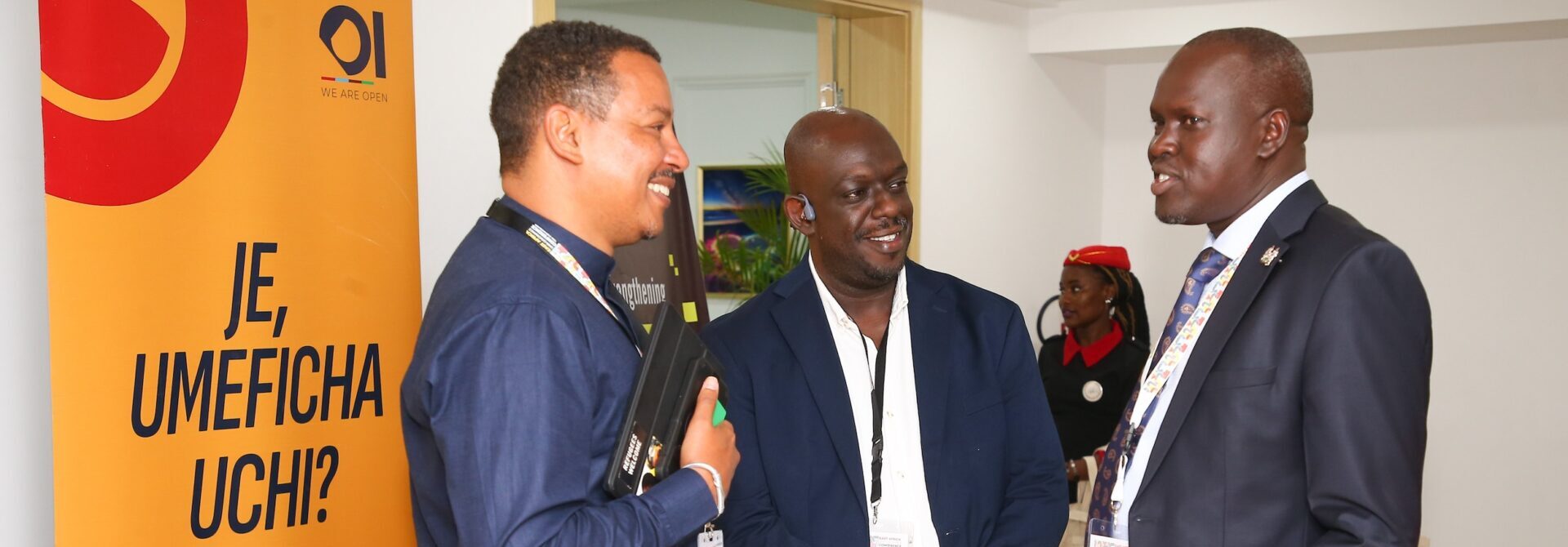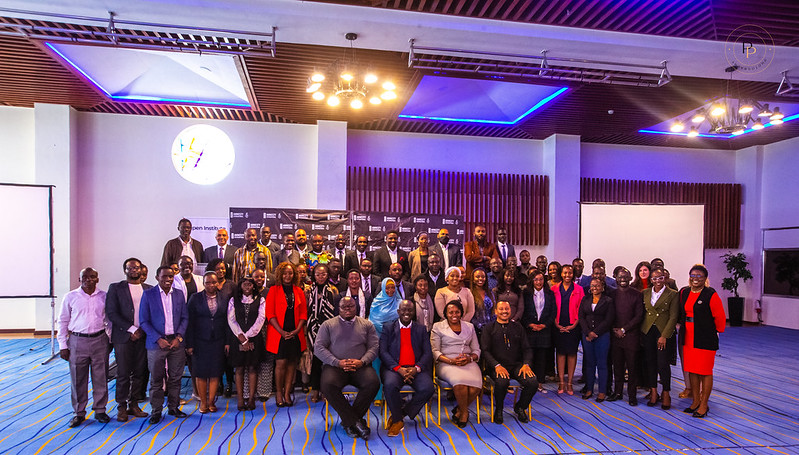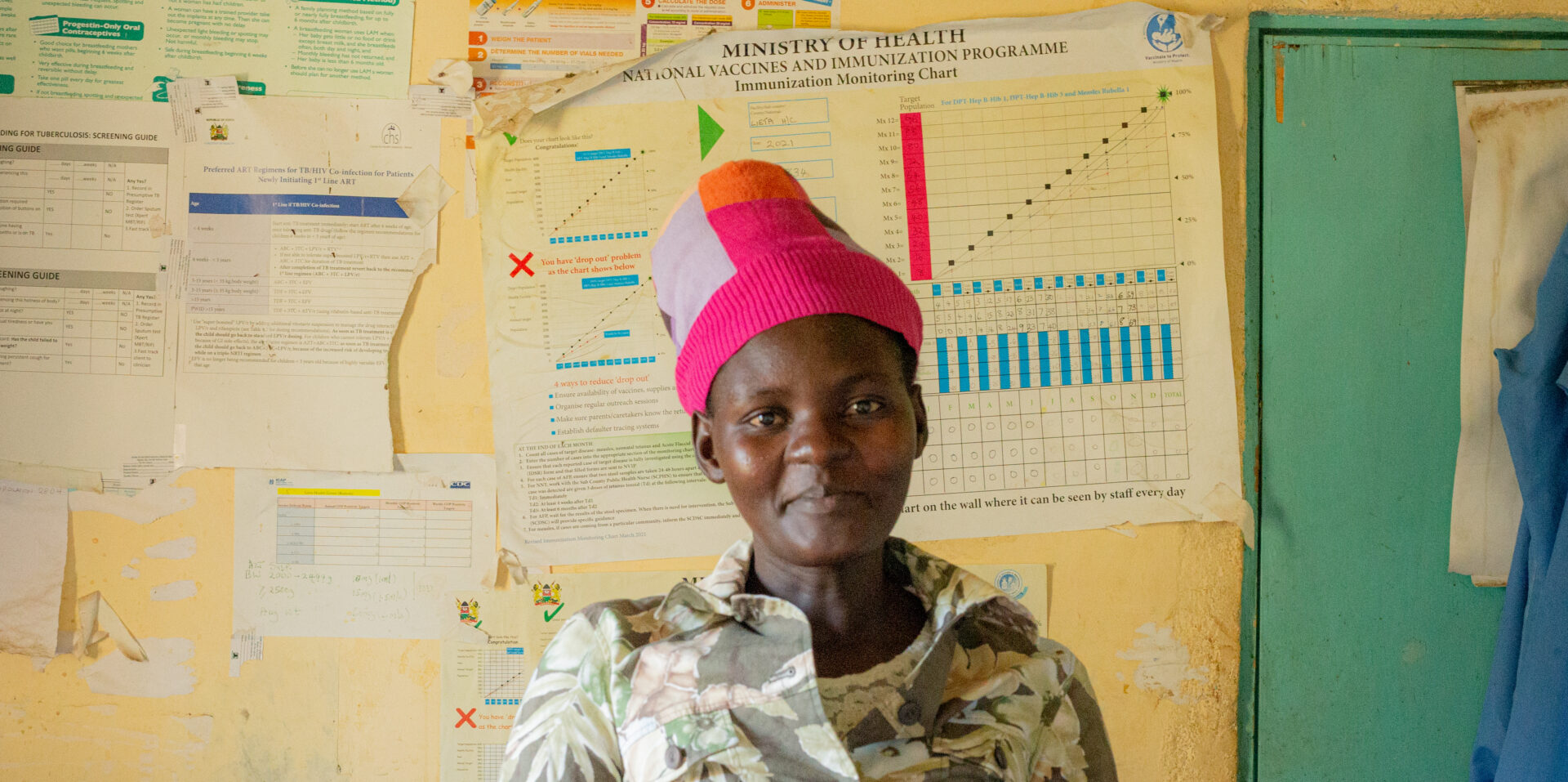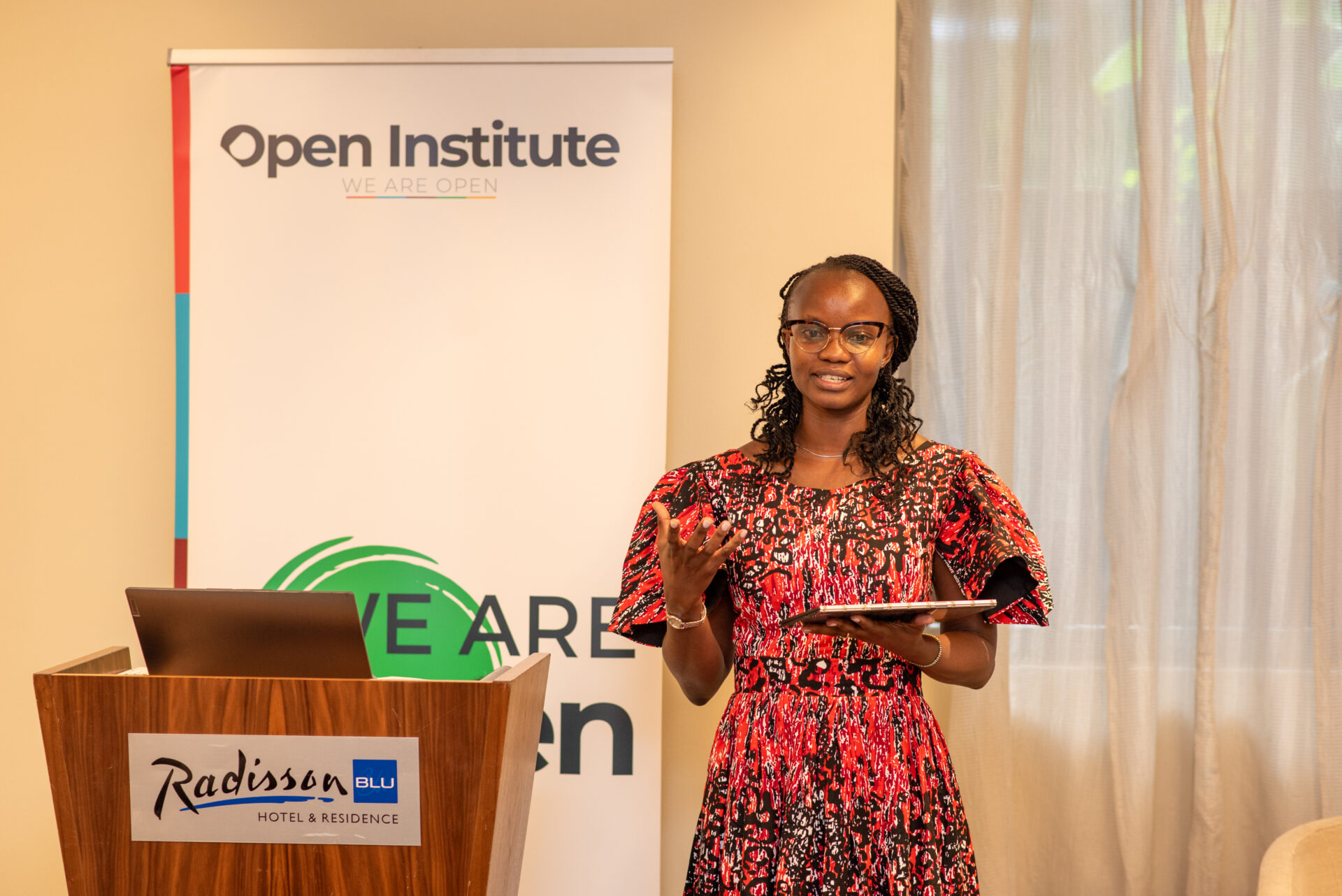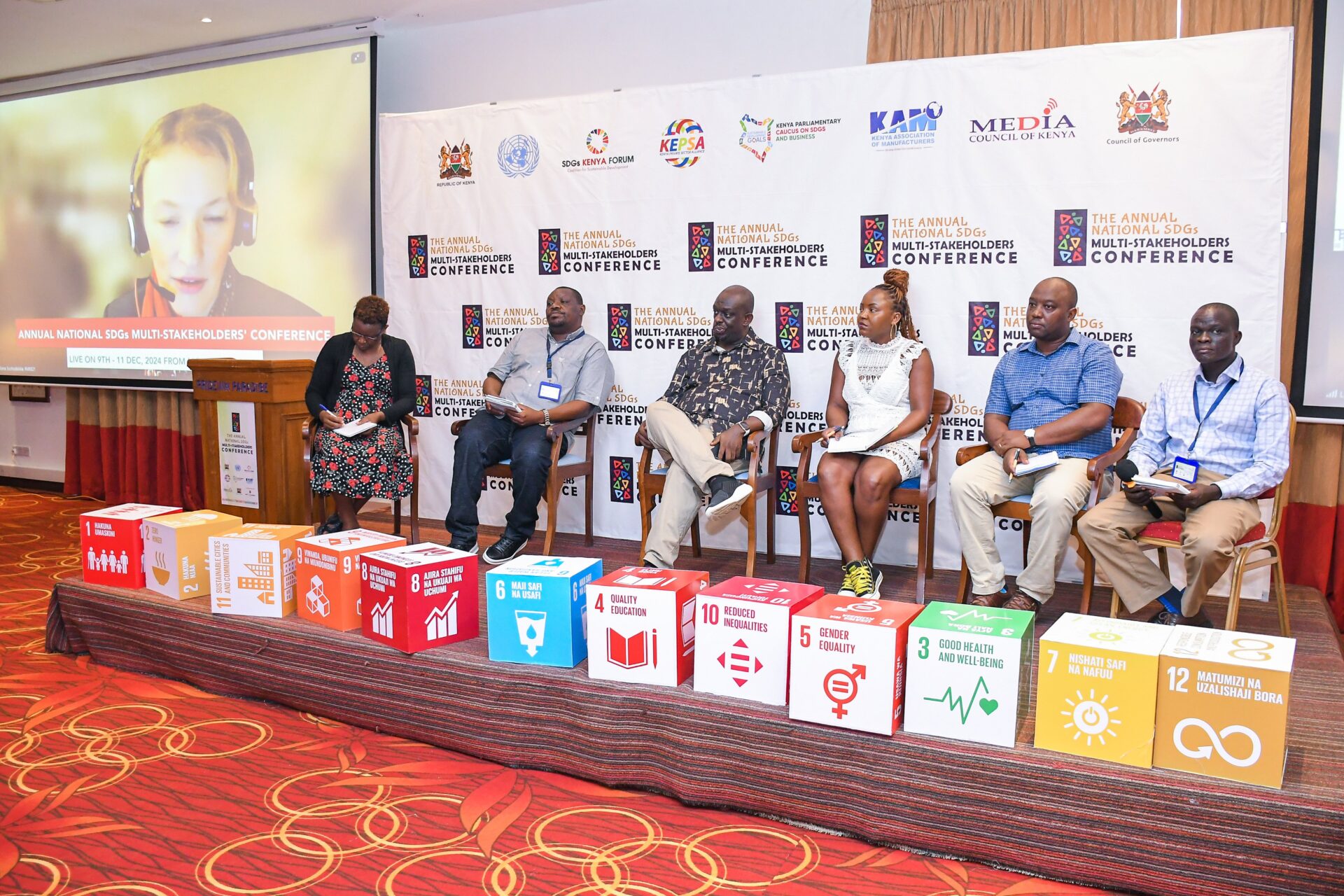We are excited to announce our new Director of Team Wellness, Loise W. Mboo, who joined our team this month. Loise is an accomplished and experienced organizational development specialist with over 18 years experience across the fields of consulting, private and public sectors. She is an agile, thought leader whose passionate about people development, organizational capacity building and quality service delivery. She brings to the team a wealth of experience in establishing and heading teams as well as leading organizations to performance based operations that are embedded in a customer-centric culture.
Loise is an articulate communicator, certified leadership/career coach and an exemplary trainer who has trained over 10,000 participants in Africa & Europe. She holds an MA in corporate communication and an undergraduate in communication-public relations, both from Daystar University; A certificate of proficiency in people management from the Call Centre School and Strategic Leadership Development Program (SLDP) from Kenya School of Government. She has also served as a part-time lecturer at Daystar University, the YALI East Africa Regional Leadership Centre. In addition, she is the founder of Adira and sits on the board of the Institute of Customer Experience (ICX) Kenya.
Why we needed a Director of Team Wellness
As an organisation, we are effectively an experimental lab for better governance and public service delivery. What this means is the following:
- We are always asking ourselves “What if” and “Why”. What if the government allocated budgets differently? What if citizens had the data in their own hands and could understand it enough to guide government? What if government officials could use technology all the time to communicate? What if the Ministry of mining knew that there are more than half a million families in Taita Taveta that depend on mining? Why does KNBS only use samples and what if technology can give them the ability to collect data from everyone?
- We are always pushing ourselves to do something new or to do something old in a new way or to prove something that does not exist/ has been inconceivable and we always try to work in spaces where others don’t go. A big chunk of what we must do pushes us to be fresh, to learn, to fail very publicly, to go to spaces others don’t go. In fact, a test that we have generally used to see if what we are doing is the right thing has been whether we have many people telling us “it’s not possible” or “it doesn’t make sense” or “that’s not how things are done”. This can be seen in many of our projects – of which started as experiments – e.g. Citizen Generated Data in hyperlocal communities, Open County, our support to government agencies like the Power of Mercy Advisory Committee, etc.
- We are often simplistic in our exploration. Importantly, we do not overthink the questions that we are exploring we try to explore as children do and document the lessons we are learning as we go – therefore create new knowledge or create new NUANCE to old knowledge.
- We are responsive and often opportunistic. The goal for us has always been to stimulate action by government and citizens in using data to change how service delivery and resource allocation is done. In our experience, that requires a certain level of opportunism that enables governments to do small things that cumulatively elicit a change in the way things are done. A good example is the Kenya Open Data Initiative. We don’t think it was particularly successful as a project in its own right. But it showcased that it was possible and not dangerous for the government to share data – so now when we see election results being shared in real-time, data being shared on treasury and other government websites it changes things.
In effect our team works very closely together, we are constantly huddling in the boardroom to white board an idea or a change of direction or creating a tool or strategy for something. Our process is highly iterative and engaging. The COVID-19 pandemic and the resulting containment measures threw that culture in a tailspin, as we were forced to stay home and adapt to using digital tools. The truth is, nothing beats face to face interactions in brainstorming and we found ourselves iterating less and less and we ultimately feel very disconnected from each other.
In addition, as we are working hard to try and maintain momentum, we are finding ourselves working longer hours, working harder and often less smart and having the tunnel vision that arises from focusing too much on tasks. We did a lot in response to COVID-19 fomenting great collaborations between CSOs and also between Governments and CSOs, built tools like Nuru that are to be used by citizens for reporting what is happening in their community. We saw our team start having adverse impacts on their physical and mental health. Even as we worked harder, our effectiveness has gone down at individual and team level has gone down and we need to find ways to improve it.
Loise will help us to harness all available knowledge and bring the team together to figure out what our new normal will be and how we shall maintain our culture. As we go we shall keep you updated on our team journey.

